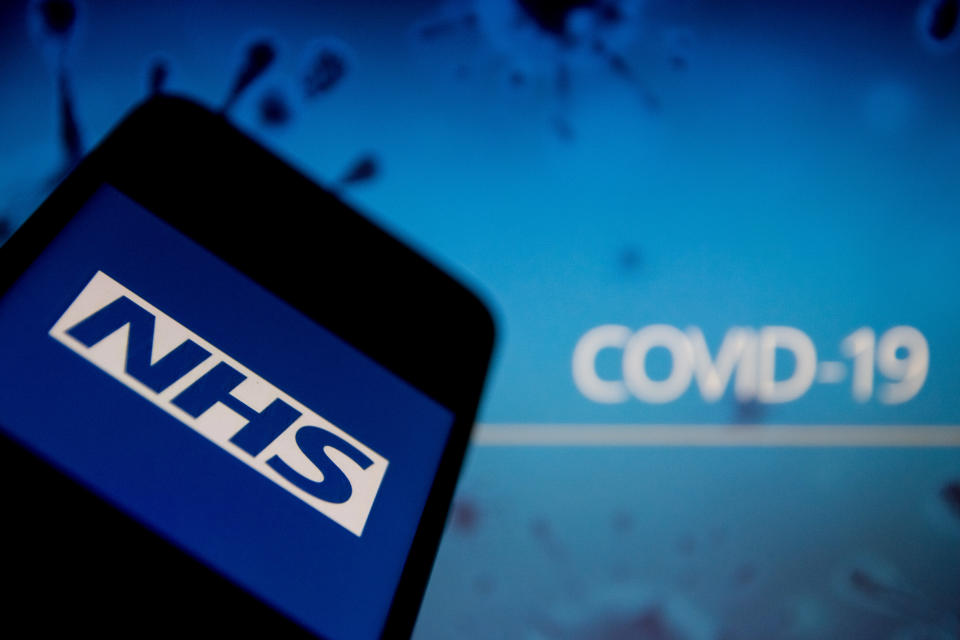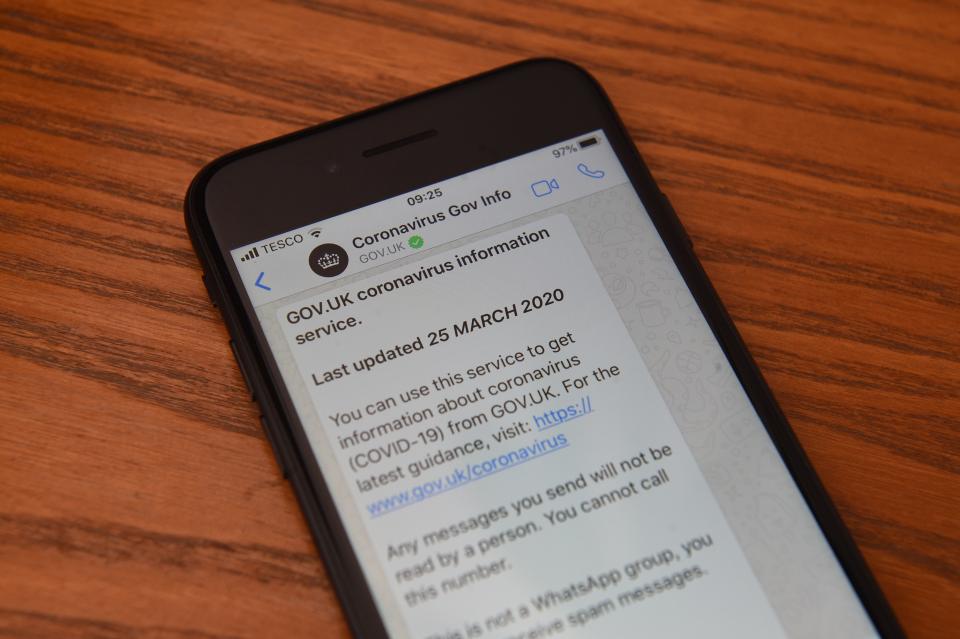Government is creating 'NHS app' to end coronavirus lockdown
The government has announced a new NHS app in a bid to combat coronavirus.
Health Secretary Matt Hancock announced the new NHS app for contact tracing at the Government’s daily briefing on Easter Sunday.
He said: “If you become unwell with the symptoms of coronavirus you can securely tell this new NHS app and the app will then send an alert anonymously to other app users that you’ve been in significant contact with over the past few days, even before you have symptoms so that they know and can act accordingly.
“All data will be handled according to the highest ethical and security standards and would only be used for NHS care and research and we won’t hold it any longer than it’s needed.”

Hancock said the app is currently being tested and they are working with the world’s leading tech companies and experts in clinical safety and digital ethics “so that we can get this right”.
He added: “The more people who get involved then the better informed our response to coronavirus will be and the better we can protect the NHS.”
Latest coronavirus news, updates and advice
Live: Follow all the latest updates from the UK and around the world
Fact-checker: The number of COVID-19 cases in your local area
6 charts and maps that explain how coronavirus is spreading
According to earlier reports it is hoped that, combined with a massive increase in testing for the disease, the new technology will enable the government to end the lockdown from late next month.
“We believe this could be important in helping the country return to normality,” a Whitehall source told the Sunday Times.

However, experts say the “track and trace” concept will only work effectively if 60% of people download it.
Senior public figures warned that any data harvested by the technology would need to be stringently protected.
Lord Evans, the former head of MI5, wrote in The Sunday Times: “These tools proved extremely effective at giving our police and security services an edge over the terrorists and have saved many lives. They are likely to be just as effective at helping stamp out the Covid-19 pandemic.
“But in the years after 9/11 the government sometimes struggled to maintain public, parliamentary and judicial support for the use of intrusive surveillance techniques. We should not make that mistake again.”
While David Davis, the former cabinet minister who campaigns on civil liberties, said: “Lord Evans is exactly right, both on the need to use digital disease tracking techniques, and on the absolute need for that use to be completely transparent, and accountable to both parliament and the courts.
“If this were done entirely openly, with proper accountability, privacy protection, and strict limitations on use, I am sure that the massive majority of British citizens would adopt it immediately.”
Coronavirus: what happened today?
Click here to sign up to the latest news, advice and information with our daily Catch-up newsletter

 Yahoo News
Yahoo News 

